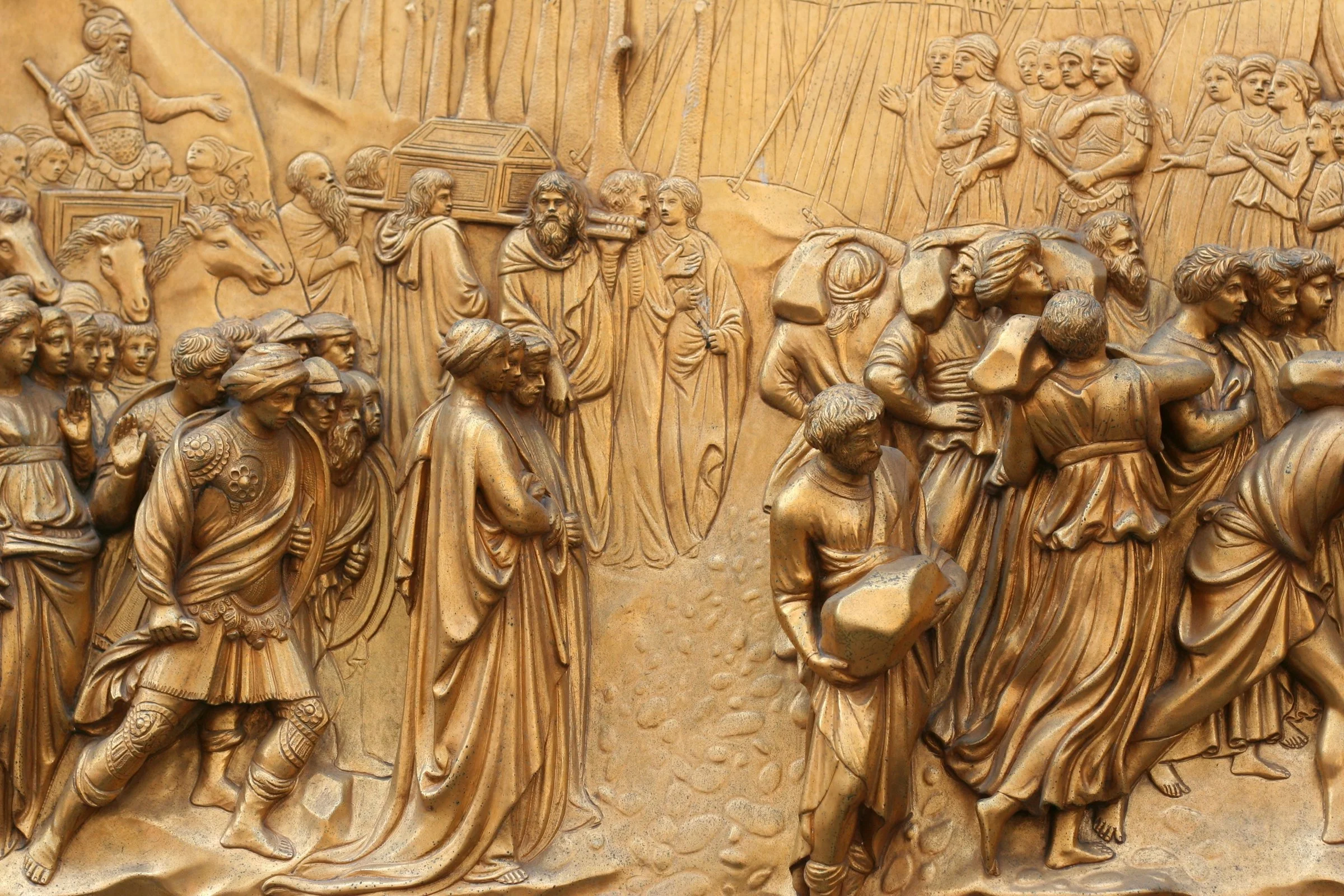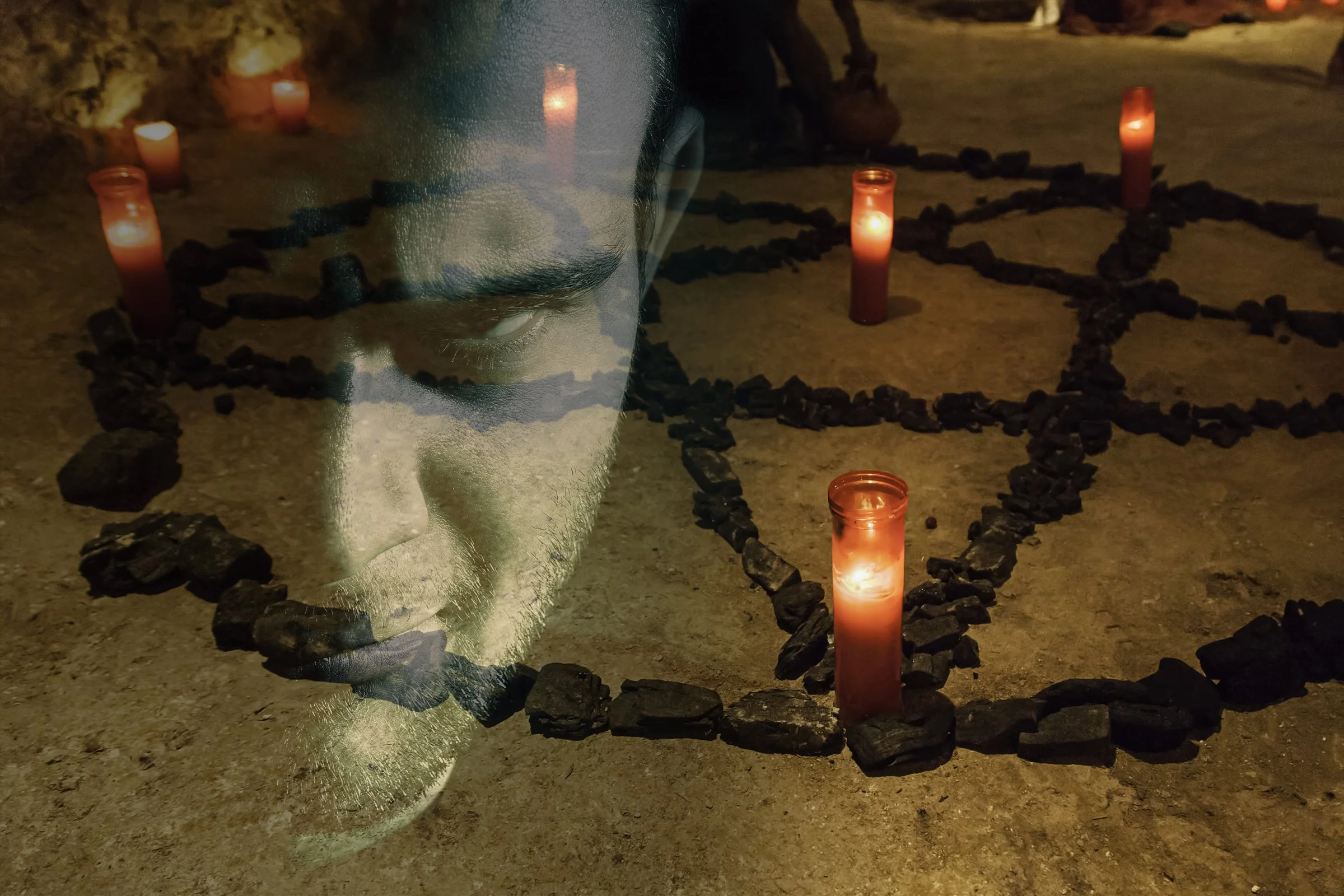The Apostle Paul spoke of several mysteries in his epistles to the church. These mysteries were in essence, God’s hidden wisdom concealed from humanity, until the time He would choose for its revelation;[i] as it is written, “But we speak the wisdom of God in a mystery, the hidden wisdom which God ordained before the ages for our glory, which none of the rulers of this age knew; for had they known, they would not have crucified the Lord of glory” (1 Corinthians 2:7-8).
The New and Everlasting Covenant
I often hear Christians say, “we are no longer under the Law.” True, I reply. You’re a Gentile. You were never under the Mosaic Law, to begin with. So, if the Gentiles have nothing that legally binds them to the Old Covenant, why do they make such a big deal about not being under it? The answer might surprise you. Let’s find out.
Should I Keep Kosher?
There has been much written about why the Lord gave Israel laws separating the clean from unclean, the holy from the unholy, generally categorized in Judaism as the “laws of Kashrut.” Interesting, the Lord’s categorization predates the Mosaic Law, as it is written, “You [Noah] shall take with you seven each of every clean animal, a male and his female; two each of animals that are unclean, a male and his female” (Genesis 7:2, NKJV).
Water and Blood
There is an interesting correlation in scripture between water and blood; as it is written, “This is He who came by water and blood—Jesus Christ; not only by water, but by water and blood” (1 John 5:6, NKJV). Water and blood. Together, these are a mystery. Let’s discover their significance.
Yeshua and Israel are One
The term “Holy One of Israel” is used more than thirty times in the Bible. However, the English translation does not accurately convey the genuine meaning as seen in the Hebrew. In the English language, the words “one” and “of” added to the translation (הקדוש של ישראל). In Hebrew, on the other hand, it is written as “Holy Israel” (קדוש ישראל). The difference is rather significant.
Honoring the Feasts of The Lord
“And the Lord spoke to Moses, saying, Speak to the children of Israel, and say to them: The feasts of the Lord, which you shall proclaim to be holy convocations, these are My feasts” (Leviticus 23:1).
These are the eight feasts and celebrations of the Lord, and His holy convocations declared in Leviticus. They belong to Him and point to His first and second advents. Interestingly, the first holy assembly referenced is the Sabbath. The remaining seven festivals are seasonally divided into spring and fall. These include the Passover, Feast of Unleavened Bread, Feast of Firstfruits (Resurrection Sunday), Feast of Weeks (Pentecost), Feast of Trumpets (Jewish Civil New Year), Day of Atonement, and Feast of Tabernacles.
The Natural and Spiritual Realms
In Paul’s first letter to the Corinthians, he talks about the physical resurrection of the body— “[For] Christ died for our sins according to the Scriptures, and that He was buried, and that He rose again the third day according to the Scriptures, and that He was seen by Cephas, then by the twelve. After that He was seen by over five hundred brethren at once, of whom the greater part remain to the present, but some have fallen asleep. After that He was seen by James, then by all the apostles. Then last of all He was seen by me also, as by one born out of due time” (1 Corinthians 15:3-8, NKJV). Paul’s evidence lay in the accounts of more than five-hundred credible witnesses.
The Covenant with Levi
In Christian circles, we hear much about God’s covenant with King David. After all, Yeshua is called the King of Kings. However, there is little mention of God’s eternal covenant with Levi and his descendants through Aaron, the first High Priest of Israel after Moses. To further complicate things, Christology has adopted another form of supersessionism regarding the Levitical priesthood, presuming that, somehow, Christ has done away with Aaron’s priesthood, and replaced it with a new one for the church that follows a different order—called “the order of Melchizedek.”
Judaizers and Gentilizers
It can be arguably said that the Apostle Paul might be one of the most misunderstood characters in the Bible. He is considered one of the chief builders of the early church and most significant purveyor of the gospel to the Gentiles. And yet, it was Christ’s apostle, Peter who is considered Rome’s first monarchical bishop. From him, and by one-man, apostolic succession (monarchical episcopacy) was presumed to continue through every church generation.
The Blessing of Ishmael
Most of us probably know the story of Abraham and Hagar, Sarah’s Egyptian maidservant. She became Abraham’s second wife and bore his first son, Ishmael. Conflict and jealousy arose within the family which led to Ishmael’s banishment, not only from Abraham’s household but also from his father’s inheritance.
Israel and the Antichrist
Who is the Anti-Christ? That is an interesting and complicated question. First, let me say that the Anti-Christ will be an actual person. However, like Judas Iscariot, he will not become this person until Satan himself enters him— “Then Satan entered Judas, surnamed Iscariot, who was numbered among the twelve” (Luke 22:3, NKJV). Second, let me say that it is currently impossible to identify this person. The Bible tells us this man will be revealed to the world at a specific point in time.
Israel Will Stand Alone
In December 2018, President Donald Trump announced that the United States would be withdrawing its troops from Syria. The announcement came as both a surprise and concern over the stability in that region, particularly concerning Israel’s northern border.













